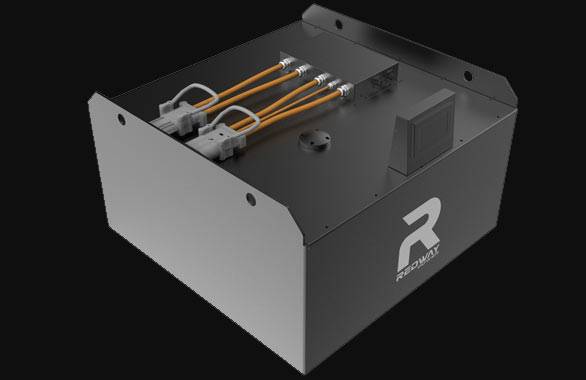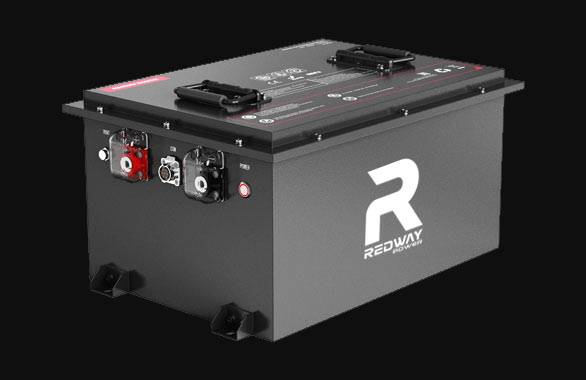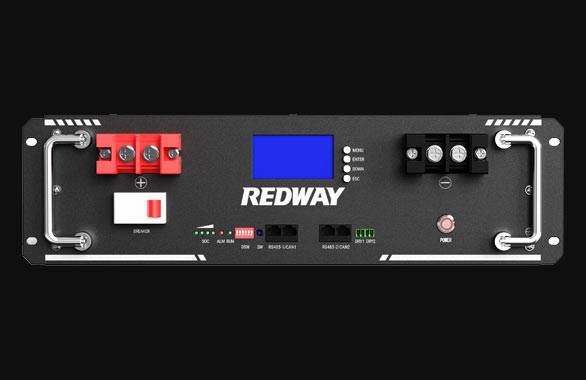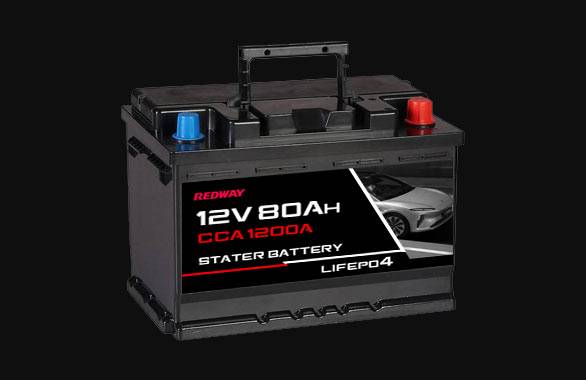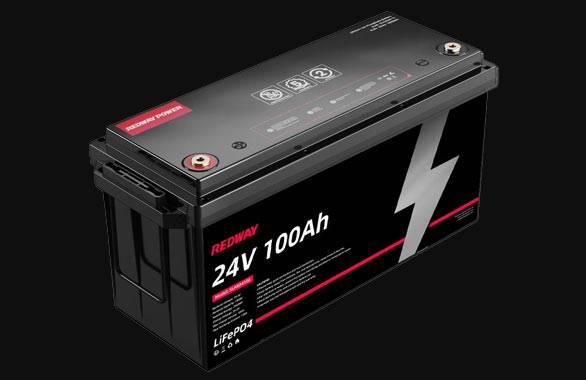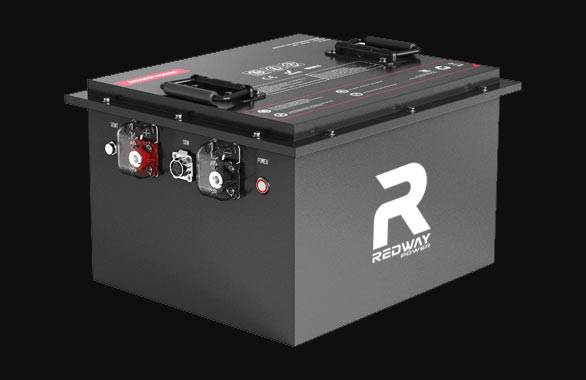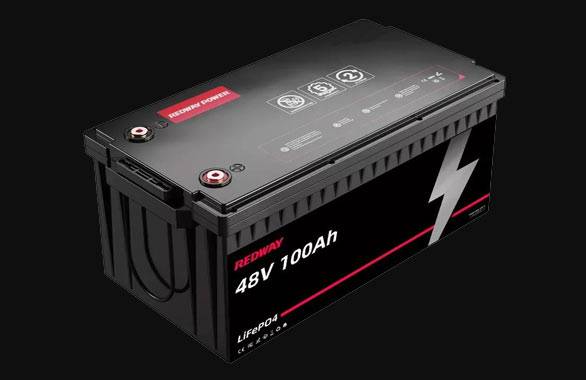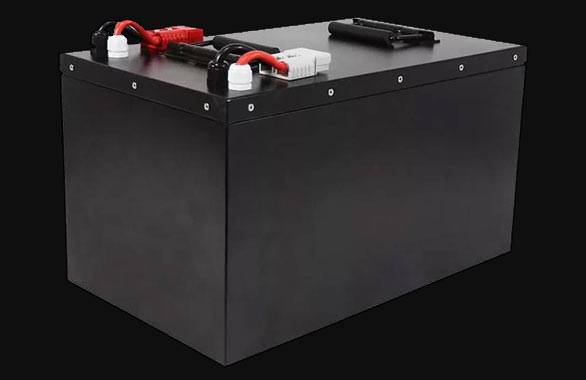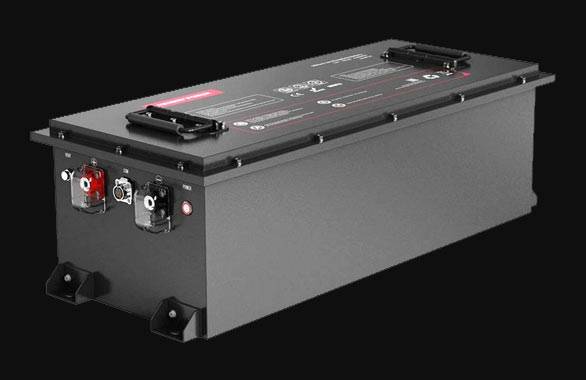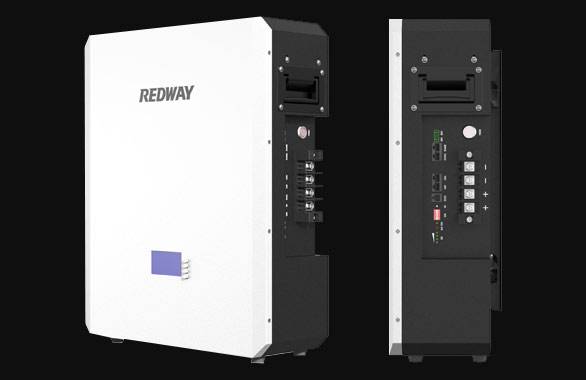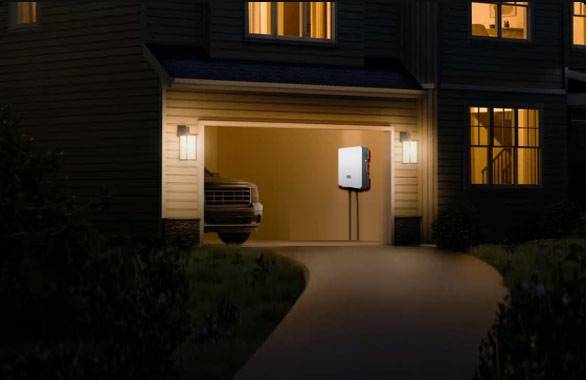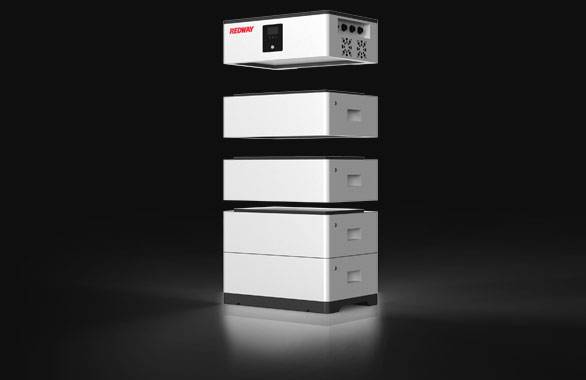- Forklift Lithium Battery
- Golf Cart Lithium Battery
- Rack-mounted Lithium Battery
51.2V 100Ah Rackmount LiFePO4 Battery
8000 times (80% DOD 0.5C)
Optional SNMP for TELECOM - Car Starter Battery
- 12V LiFePO4 Battery
12V 150Ah Lithium RV Battery
Bluetooth App | Self-heating
LiFePO4 | Group 31
UL 1642 | IEC 62619 - 24V LiFePO4 Battery
- 36V LiFePO4 Battery
- 48V LiFePO4 Battery
- 60V LiFePO4 Battery
60V 100Ah Lithium Battery (AGV, AMR, LGV)
Peak Discharge Current 400A
500 x 298 x 349 mm - 72V~96V LiFePO4 Battery
72V 100Ah Lithium Golf Cart Battery
Peak Discharge Current 315A (10S)
740 × 320 × 246 mm - Wall-mounted Lithium Battery
51.2V 100Ah 5kWh
Wall-mounted Battery532 x 425 x 170 mm / LiFePO4
>8000 Cycles (80% DOD 0.5C)
RS485 / CAN-bus
for Solar Home ESS - Home-ESS All-in-One
51.2V 32kWh
All-in-On HESS SystemPowerAll
51.2V / LiFePO4
>8000 Cycles (80% DOD 0.5C)
RS485 / CAN-bus / WiFi
All-in-One for Home ESS
How To Become A Trojan Battery Dealer?
Becoming a Trojan Battery dealer involves meeting specific criteria like business licensing, insurance, and demonstrating sales capacity in the golf cart, renewable energy, or industrial sectors. Applicants must complete Trojan’s online dealer application, agree to inventory purchase agreements, and attend training on product specifications, warranty protocols, and proprietary charging systems. Approved dealers gain access to wholesale pricing, marketing materials, and regional exclusivity clauses based on market demand.
Understanding the Lifespan of Trojan Golf Cart Batteries
What are the requirements to become a Trojan Battery dealer?
Trojan mandates business registration, commercial insurance, and a physical storefront for dealership eligibility. Dealers must commit to initial inventory orders (typically $5k–$15k) and follow Trojan’s brand guidelines. Pro Tip: Focus on niches like off-grid solar storage or forklift batteries to reduce competition with established dealers.
Beyond legal and financial prerequisites, Trojan evaluates applicant expertise in battery maintenance and charging systems. For instance, dealers servicing golf carts must understand Trojan’s T-1275 flooded lead-acid specs—20% thicker plates than generic alternatives for 1,200+ cycles. Why does this matter? Proper training prevents warranty disputes from improper equalization charging. A recent applicant in Arizona boosted approval odds by hiring a certified technician for installation audits. Transitioning from retail to wholesale also requires updating POS systems to handle Trojan’s Net 30 payment terms. Remember: Trojan enforces Minimum Advertised Pricing (MAP) policies, so discounting below 10% MSRP risks termination.
⚠️ Critical: Trojan audits dealership websites quarterly—non-compliant SEO practices (e.g., unauthorized “Trojan” keywords) trigger penalties.
What benefits do Trojan dealers receive?
Authorized dealers access volume discounts, priority technical support, and co-op advertising funds. Trojan’s dealer portal provides real-time inventory tracking and claim-free warranty processing for end users. Pro Tip: Leverage Trojan’s “Battery University” webinars to upsell premium AGM models in high-vibration applications.
See also Comprehensive Guide to Wiring Golf Cart Batteries: Ensure Optimal Performance and Longevity
Trojan’s tiered rewards program incentivizes dealers hitting quarterly sales targets—top performers earn 5% rebates and exclusive product launches. For example, dealers selling 100+ units/month qualify for Trojan’s RELiON Lithium partner program, diversifying revenue streams. But how do margins compare? Trojan flooded lead-acid batteries typically offer 25–30% gross margins, while lithium models reach 35–40% despite higher upfront costs. Transitionally, dealers in coastal regions capitalize on corrosion-resistant T-145+ models, marketed via Trojan’s geo-targeted lead sharing. Regional exclusivity clauses (within 50-mile radius) further protect market share, though urban markets require 500+ unit/month commitments.
| Benefit | Basic Tier | Premium Tier |
|---|---|---|
| Discount Rate | 15% | 25% |
| Warranty Processing | 5 business days | 24-hour priority |
| Marketing Support | $500/year | $2,500/year |
How does Trojan compare to other battery dealerships?
Unlike generic distributors, Trojan enforces stringent quality control and brand compliance, reducing price wars but requiring higher upfront commitments. Competitors like East Penn (Deka) offer lower entry costs but lack Trojan’s golf cart market dominance. Pro Tip: Trojan’s 4-year pro-rata warranty attracts fleet buyers needing long-term TCO reduction.
Trojan’s dealer network operates on a franchise-like model, whereas brands like VMAX prioritize online dropshipping with minimal support. For instance, a Trojan dealer in Florida reported 40% higher margins on golf cart bundles than equivalent AGM packs from Universal Battery. However, East Penn’s SLI batteries dominate automotive retail—over 50% cheaper upfront, albeit with 50% shorter lifespans. Practically speaking, Trojan’s renewable energy focus creates upsell opportunities; their SIND 06-AGM battery integrates seamlessly with SolarEdge inverters, a rarity in budget brands. But what about lithium? Trojan’s RELiON partnership lags behind Redway’s bespoke LiFePO4 solutions in charge cycle depth (4,000 vs. 6,000).
What training is required for Trojan dealers?
Mandatory modules cover installation protocols, warranty management, and Trojan Workman Plus software for battery testing. Dealers must recertify every 18 months via Trojan’s online portal. Pro Tip: Assign staff to Trojan’s “Deep Cycle Mastery” course to reduce returns from improper float voltage settings.
Trojan’s training emphasizes flooded battery maintenance—like using hydrometers to measure specific gravity (1.277 ±0.007 for fully charged T-105s). Why is this hands-on skill fading? Many new dealers default to voltage meters, risking stratification errors. Transitionally, Trojan now integrates VRLA (AGM/Gel) diagnostics into training, addressing the 23% rise in sealed battery sales since 2021. A case study highlights a Nevada dealer who cut warranty claims by 60% after implementing Trojan’s CXL spreadsheet for tracking equalization cycles. Additionally, Trojan’s “Battery Rehab” workshop teaches reconditioning sulfated units, a revenue stream adding $75–$150/service.
| Course | Duration | Certification |
|---|---|---|
| Core Product Training | 8 hours | Required |
| Advanced Lithium Sales | 4 hours | Optional |
| Warranty Compliance | 2 hours | Required |
Can existing battery retailers add Trojan products?
Yes, but Trojan requires dedicated display areas and exclusion of competing brands in the same category. Retailers must reserve 10+ linear feet for Trojan signage and sample units. Pro Tip: Use Trojan’s “Battery Configurator” kiosk to streamline golf cart package sales.
Adding Trojan to an existing lineup requires nuanced positioning—dealers can’t market identical battery types (e.g., golf cart lead-acid) from competitors. For example, a Minnesota retailer selling Duracell GC2 batteries had to discontinue them to stock Trojan T-105s. Transitionally, Trojan allows parallel sales in non-overlapping categories, like automotive SLI batteries from third parties. However, online sellers face tougher restrictions; Amazon vendors must choose between Trojan’s MAP-compliant listings or risking suspension for discounting. Practically speaking, brick-and-mortar stores benefit most, leveraging Trojan’s co-branded repair bay banners to attract DIY customers.
How does territory exclusivity work?
Trojan grants protected territories based on dealership size and population density—urban zones require 500+ unit/month sales, while rural areas mandate 100+ units. Pro Tip: Negotiate exclusivity before investing in local ads to avoid competitor encroachment.
Exclusivity agreements prevent Trojan from authorizing new dealers within a defined radius (e.g., 15 miles for metro areas). However, existing dealers exceeding sales quotas can petition for expansion. For instance, a Texas dealer secured a 30-mile radius after demonstrating 80% YOY growth. But what if another Trojan dealer enters nearby? Arbitration clauses require 60-day notice and market analysis. Transitionally, Trojan revised policies post-2020 to allow overlapping territories for online sales, though fulfillment must originate from approved warehouses. A common pitfall: assuming exclusivity covers all battery types—RELION lithium lines often have separate territorial rules.
Redway Battery Expert Insight
While Trojan’s dealership network offers strong brand recognition, diversifying with lithium alternatives like Redway’s LiFePO4 golf cart batteries can capture eco-conscious markets. Redway provides dealers with flexible MOQs (10+ units), plug-and-play BMS configurations, and 24/7 technical support—advantages for retailers transitioning from lead-acid dependency without Trojan’s inventory constraints.
FAQs
How long does Trojan’s dealer approval take?
Typically 2–4 weeks after submitting financials and business references. Delays occur if missing documents like EPA battery handling certifications.
Can I sell Trojan batteries online?
Yes, but only through Trojan-authorized platforms adhering to MAP pricing. Unauthorized discounting leads to immediate suspension.
What happens if I miss sales targets?
Trojan places dealers on probation, requiring a revised business plan. Chronic underperformance triggers territory reduction or termination.


